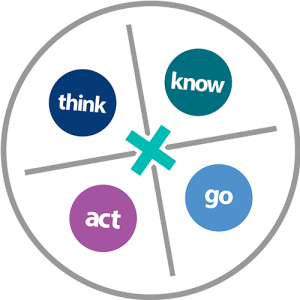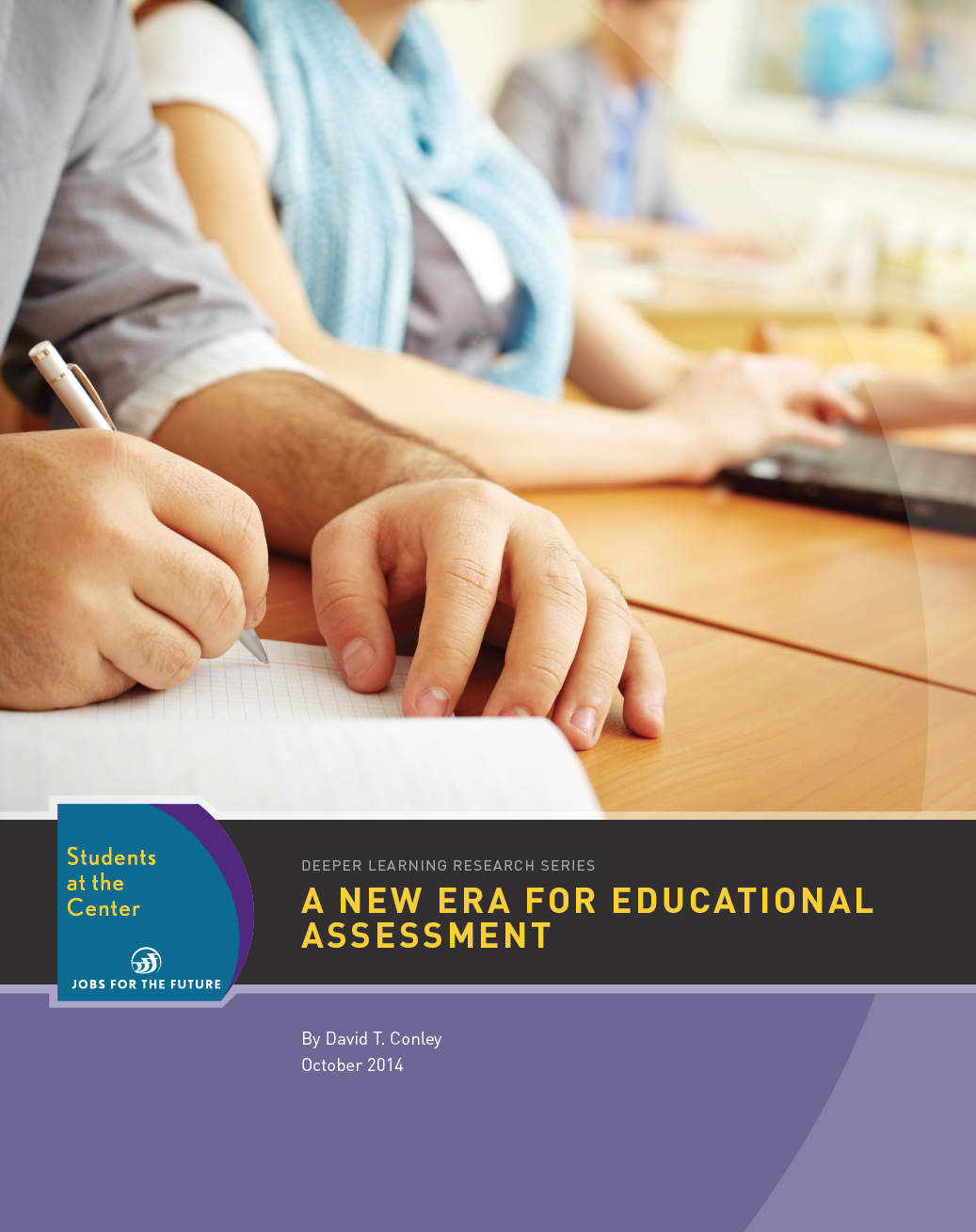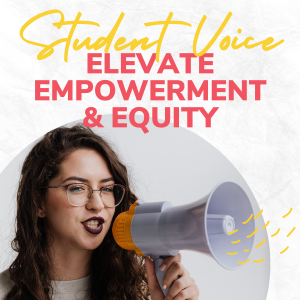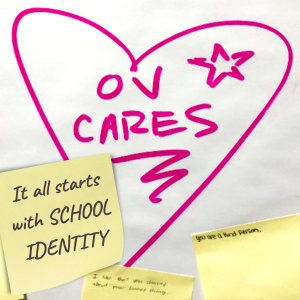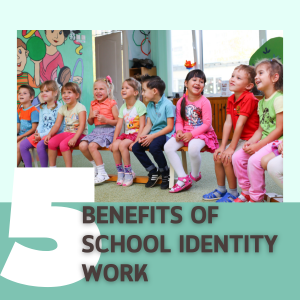In 2010, Jobs for the Future—with support from the Nellie Mae Education Foundation—launched the Students at the Center initiative, an effort to identify, synthesize, and share research and effective approaches to teaching and learning at the high school level.
The initiative began by commissioning a series of white papers on key topics in secondary schooling, such as student motivation and engagement, cognitive development, classroom assessment, educational technology, and mathematics and literacy instruction.
The goal of this paper is to present a vision for a new system of educational assessment, one designed to support the kinds of ambitious teaching and learning that parents say they want for their children. Thankfully, the public schools do not have to create such a system from scratch—many schools already exhibit effective practices upon which others can build. For that to happen though, educators, policymakers, and other stakeholders must be willing to adopt new ways of thinking about the role of assessment in education.
Ironically, due to the decentralized nature of educational governance in the United States, the nation’s educators already have access to a vast array of assessment methods and tools that they can use to gain a wide range of insights into students’ learning across multiple subject areas. Those methods run the gamut from individual classroom assignments and quizzes to capstone projects to state tests to admissions exams and results from Advanced Placement® and International Baccalaureate® tests. Many measures are homegrown, reflecting the boundless creativity of American educators and researchers. Others are produced professionally and have long histories and a strong commercial presence. Some measures draw upon and incorporate ideas and techniques from other sectors—such as business and the military—and from other countries, where a wider range of methods have solid, long-term track records.
A-New-Era-for-Educational-Assessment-092414_0.pdf (1628 downloads )Authors: Dr. David T. Conley
This report was funded by The William and Flora Hewlett Foundation.
This work, A New Era for Educational Assessment, is licensed under a Creative Commons Attribution 3.0 United States License. Photos, logos, and publications displayed on this site are excepted from this license, except where noted.
